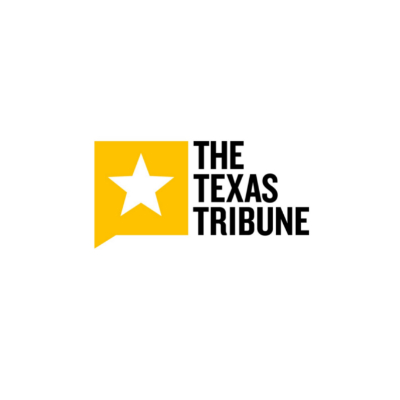 The Texas Tribune Article Rating
The Texas Tribune Article RatingSchool districts stay quiet as lawmakers push to limit when they can ...
- Bias Rating
-78% Very Liberal
- Reliability
70% ReliableGood
- Policy Leaning
-78% Very Liberal
- Politician Portrayal
-39% Negative
Continue For Free
Create your free account to see the in-depth bias analytics and more.
Continue
Continue
By creating an account, you agree to our Terms and Privacy Policy, and subscribe to email updates. Already a member: Log inBias Score Analysis
The A.I. bias rating includes policy and politician portrayal leanings based on the author’s tone found in the article using machine learning. Bias scores are on a scale of -100% to 100% with higher negative scores being more liberal and higher positive scores being more conservative, and 0% being neutral.
Sentiments
N/A
- Liberal
- Conservative
| Sentence | Sentiment | Bias |
|---|---|---|
Unlock this feature by upgrading to the Pro plan. | ||
Reliability Score Analysis
Policy Leaning Analysis
Politician Portrayal Analysis
Bias Meter
Extremely
Liberal
Very
Liberal
Moderately
Liberal
Somewhat Liberal
Center
Somewhat Conservative
Moderately
Conservative
Very
Conservative
Extremely
Conservative
-100%
Liberal
100%
Conservative

Contributing sentiments towards policy:
68% : He called it an ironic shift in power in a GOP-led state since limited government has long been a key conservative principle.57% : "This bill may or may not pass, but it illustrates a truth that courts too often forget: if current laws are not followed, the Legislature may enact more drastic ones," Brister wrote in a court opinion.
50% : In backdoor conversations with lawmakers, superintendents have conveyed their fears that the bill would limit their ability to defend what they think is best for them and give the head of the state education agency unchecked power to change school performance rules.
50% : They said the agency had applied the new standards to evaluate students who had already graduated, which meant districts did not get a chance to come up with additional measures to meet the new goalposts.
45% : Senate Bill 1962, which now heads to the Texas House for consideration, would make it more difficult for districts to use the courts in a similar way again, effectively taking away a tool district leaders have leaned on to push back against state changes to the ratings system they believe are unfair.
41% : They described a hostile climate toward them that reflects a broader, growing skepticism of public schools.
39% : " The Texas Tribune spoke to seven school leaders who criticized the proposed legislation but said they declined to testify against it because of what they described as a growing hostility among Republican lawmakers, particularly in the Senate, toward public education.
37% : Schools have gone for years without a significant increase to their base funding at a time when inflation has sent some of their costs skyrocketing, leading many districts to adopt deficit budgets.
31% : Since the pandemic, public schools have faced criticism from conservative groups and some families over health restrictions and the way children are taught about sex and race.
*Our bias meter rating uses data science including sentiment analysis, machine learning and our proprietary algorithm for determining biases in news articles. Bias scores are on a scale of -100% to 100% with higher negative scores being more liberal and higher positive scores being more conservative, and 0% being neutral. The rating is an independent analysis and is not affiliated nor sponsored by the news source or any other organization.
























